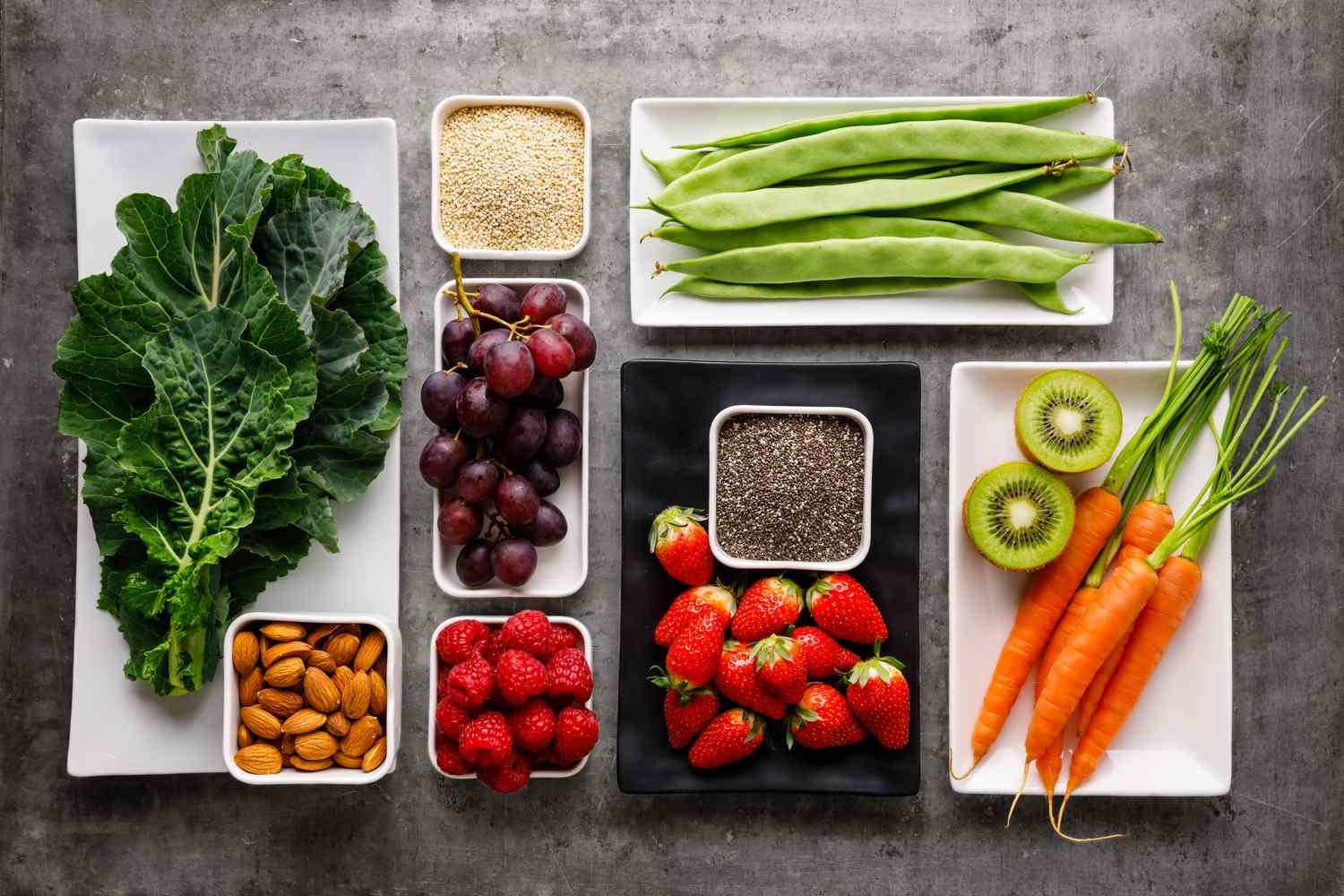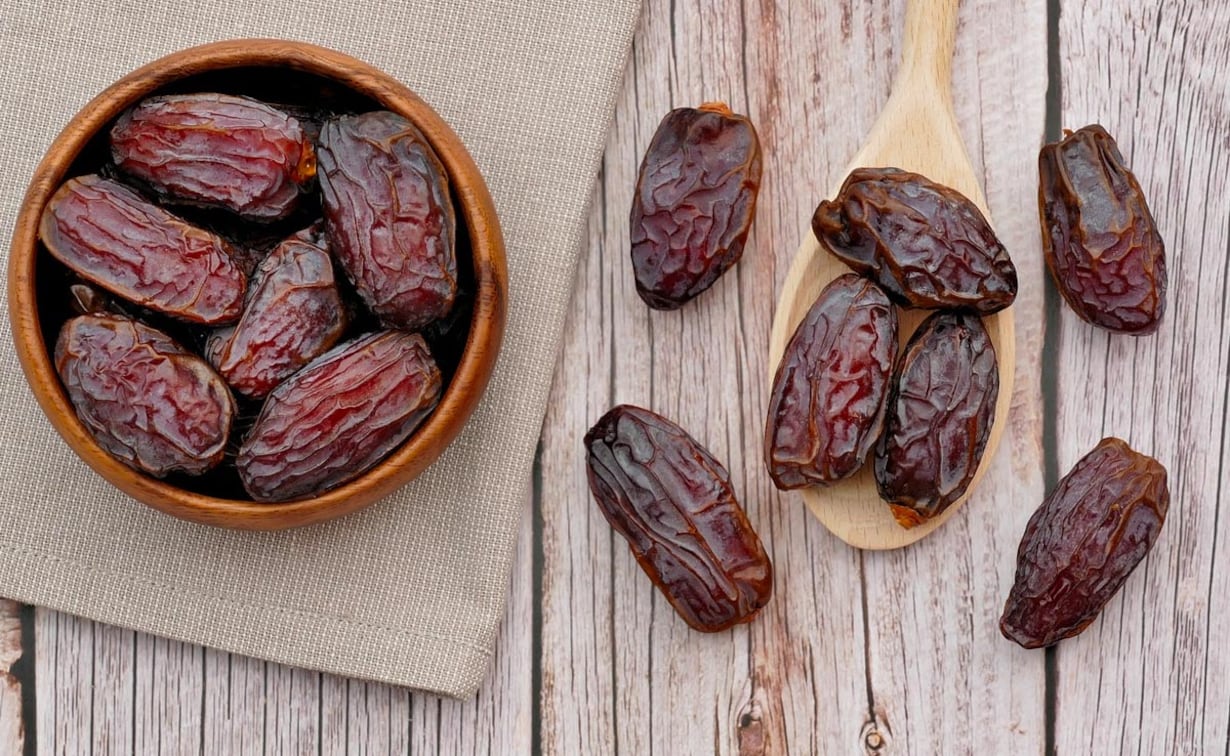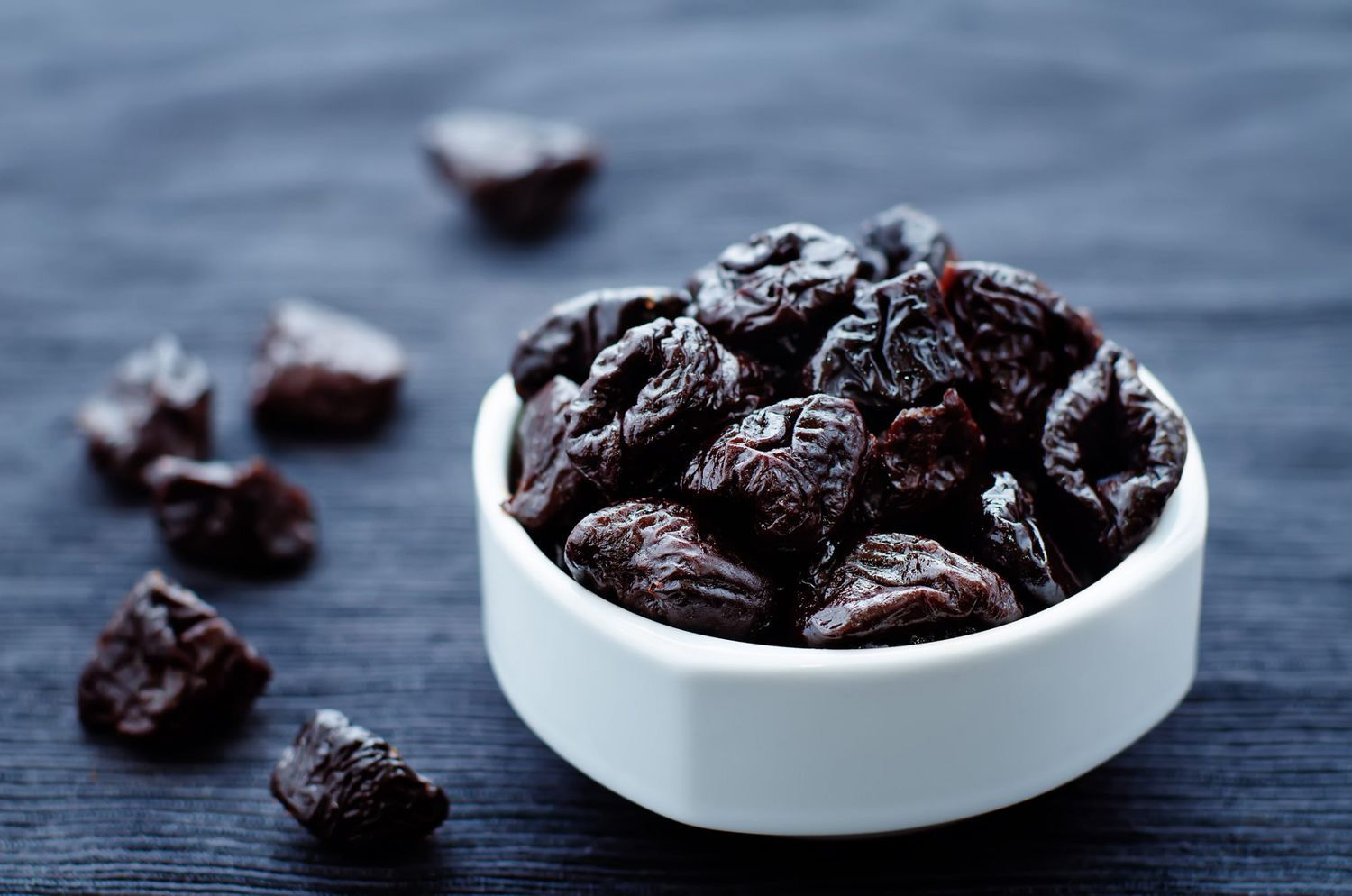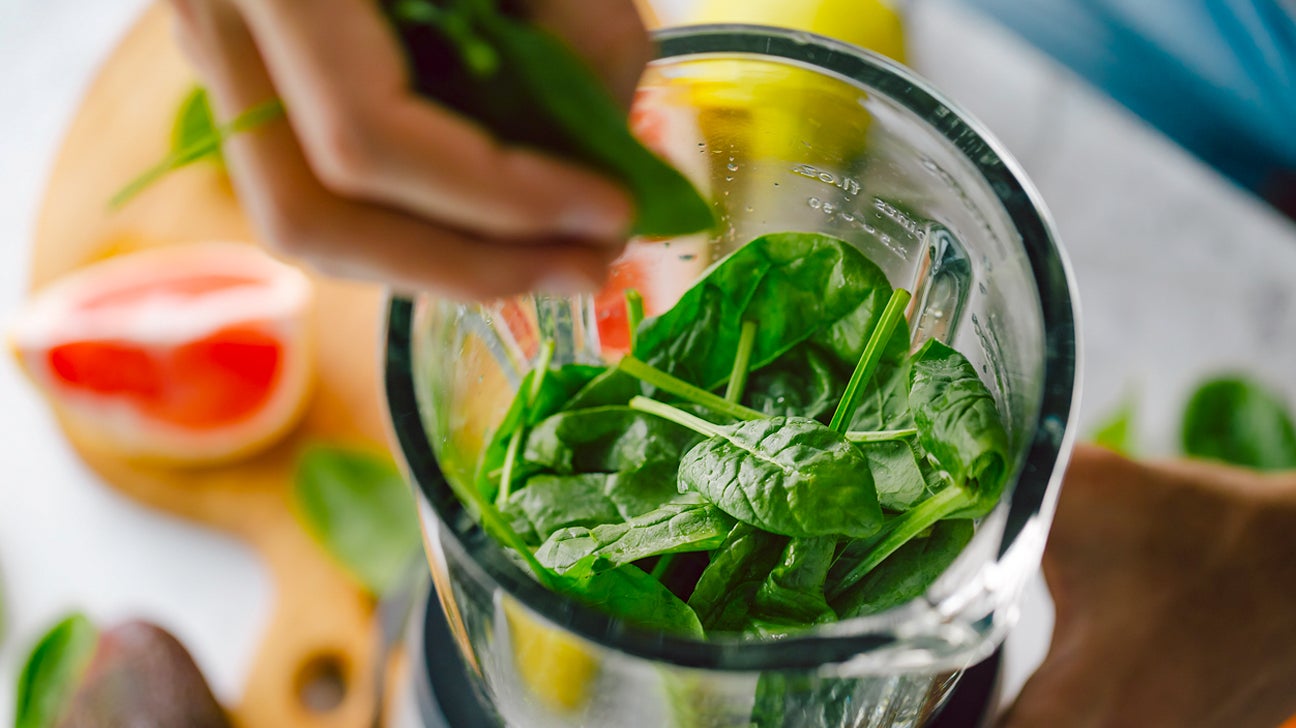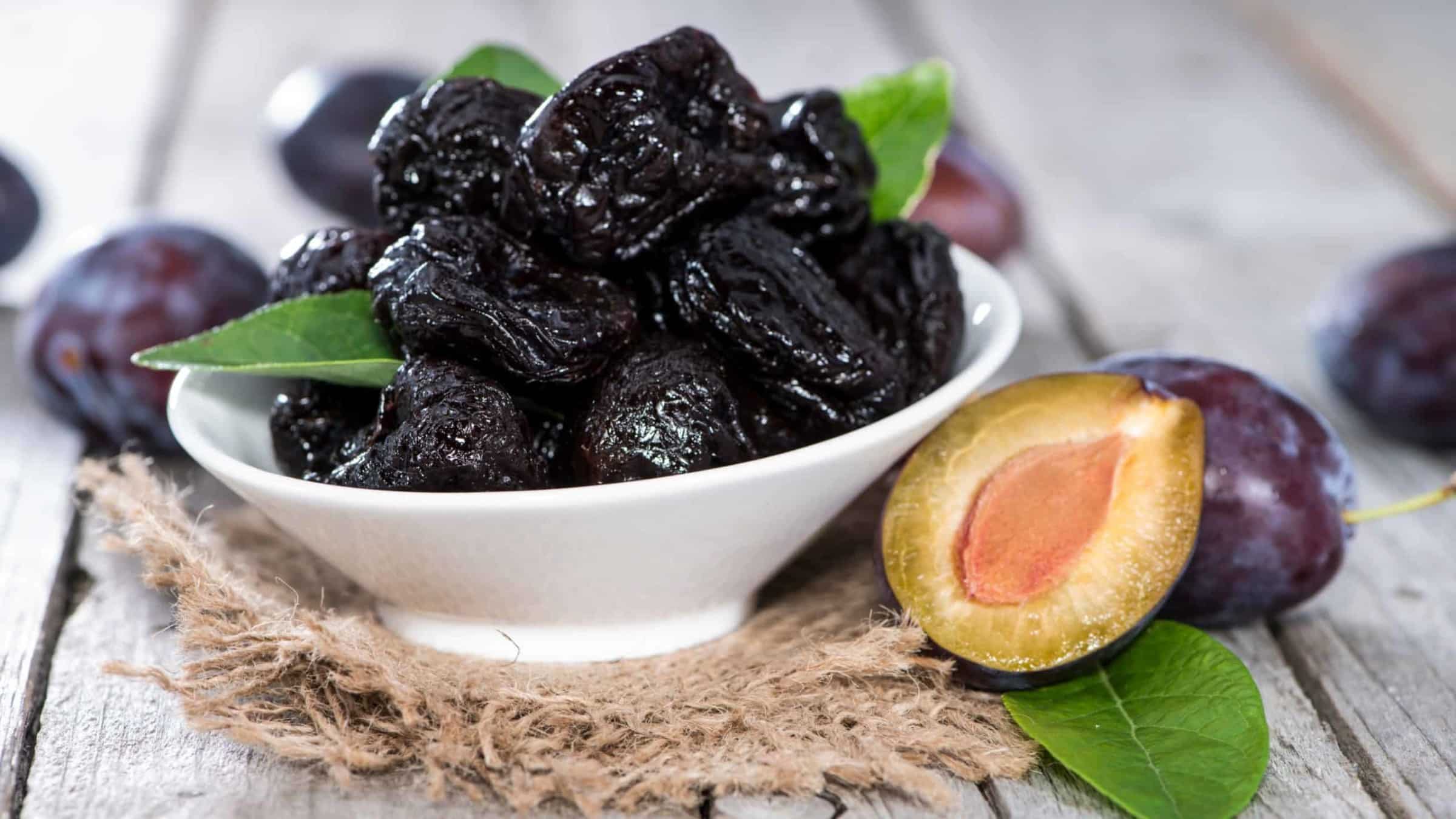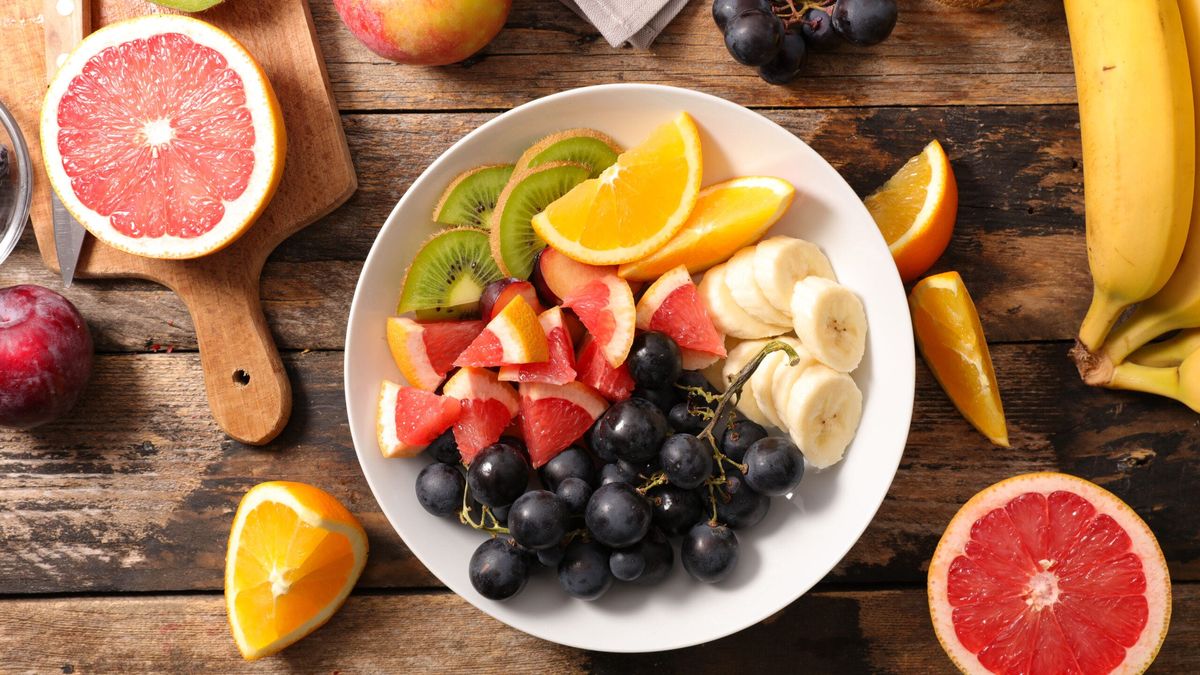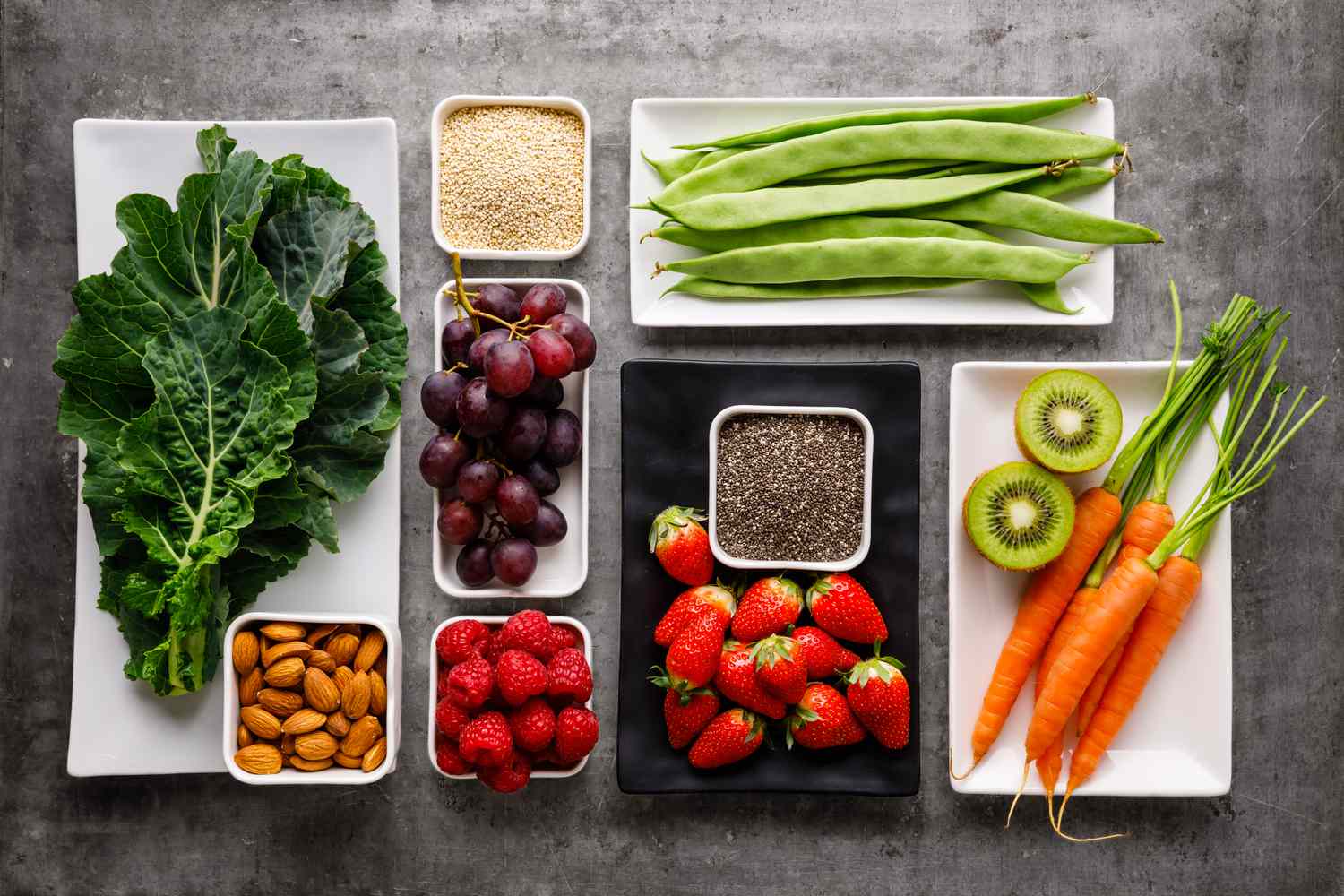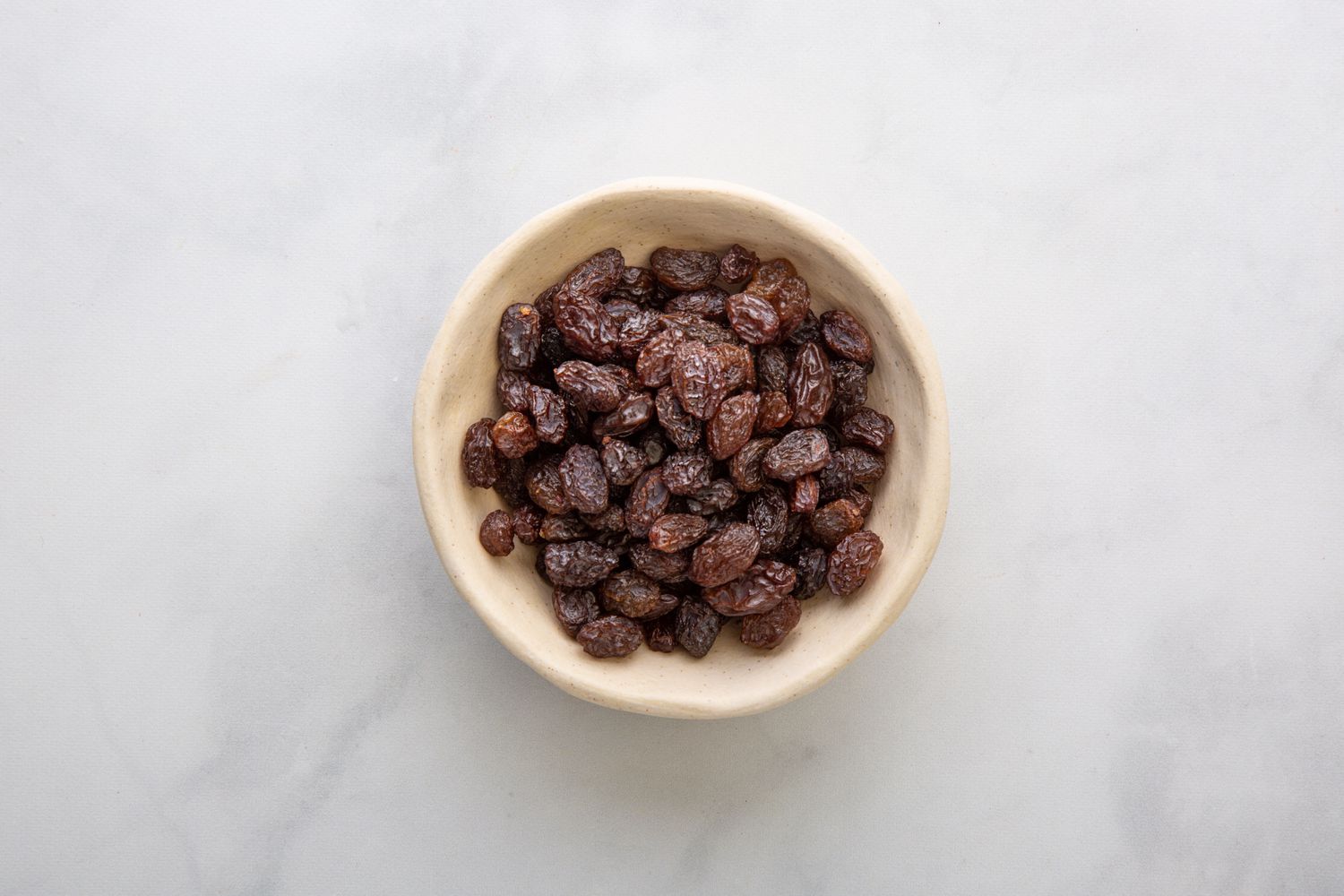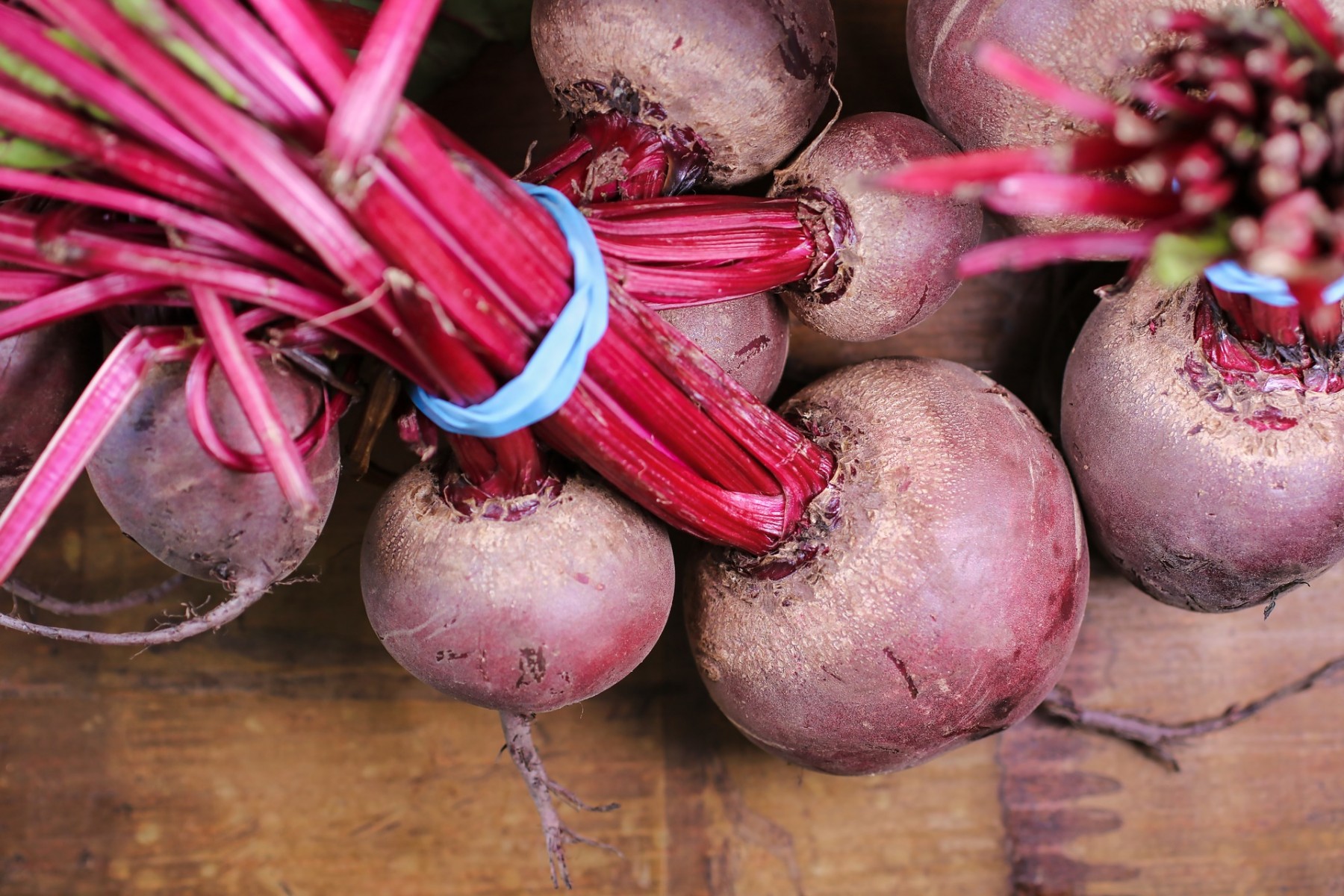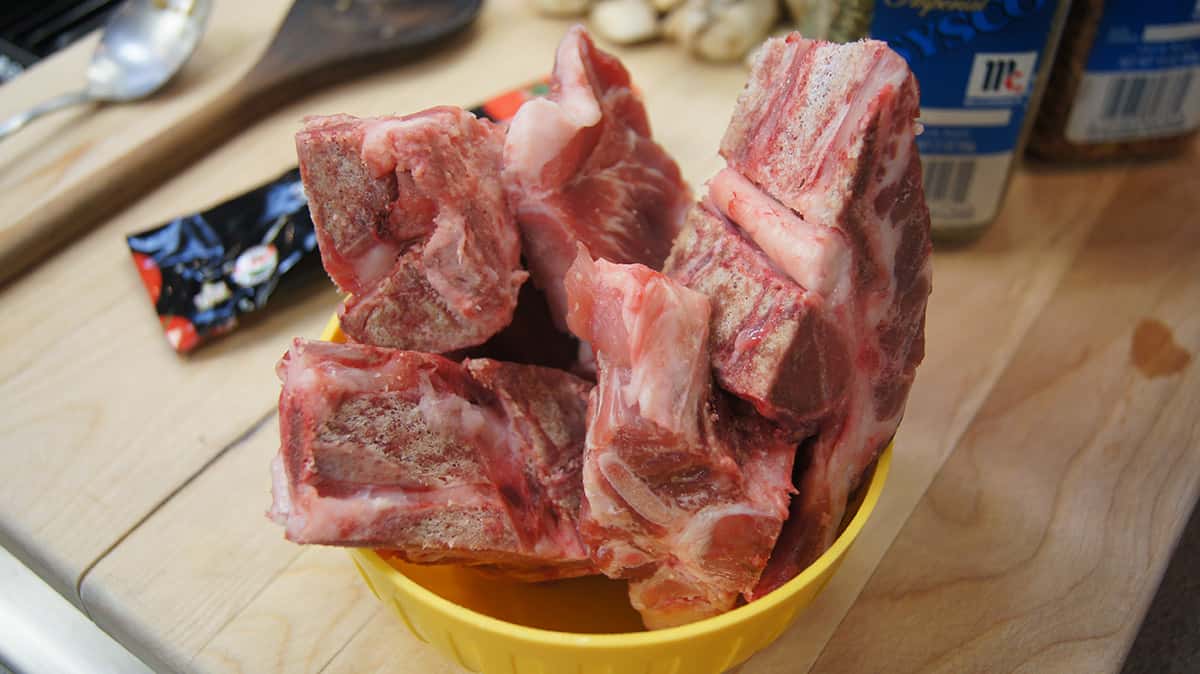How Your Diet Can Help Eliminate Constipation
Constipation can be a frustrating and uncomfortable condition, but the good news is that it can often be alleviated through simple dietary changes. By incorporating the right foods into your diet, you can help regulate your digestive system and promote regular bowel movements. Here are some tips on how to eat to eliminate constipation:
1. Increase Your Fiber Intake
Fiber is essential for maintaining healthy digestion and preventing constipation. It adds bulk to your stool, making it easier to pass. Fiber-rich foods include fruits, vegetables, whole grains, and legumes. Aim to incorporate these foods into your meals and snacks to increase your daily fiber intake.
2. Stay Hydrated
Dehydration can contribute to constipation, so it’s important to drink an adequate amount of water throughout the day. Drinking plenty of water helps soften the stool, making it easier to pass. Aim to drink at least eight glasses of water per day, and more if you engage in strenuous physical activity.
3. Choose Prunes and Prune Juice
Prunes and prune juice are well-known for their natural laxative effects. They contain sorbitol, a sugar alcohol that has a mild laxative effect. Including prunes or prune juice in your diet can help promote bowel regularity and alleviate constipation.
4. Incorporate Probiotic Foods
Probiotic foods contain beneficial bacteria that support gut health and regularity. Yogurt, kefir, and fermented foods can help maintain a healthy balance of gut flora, which is essential for proper digestion. Adding these foods to your diet can help alleviate constipation and promote overall digestive wellness.
5. Limit Processed Foods
Processed foods, especially those high in fat and sugar, can contribute to constipation. These foods are often low in fiber and can slow down digestion. Limiting your intake of processed foods and opting for whole, unprocessed foods can help support healthy digestion and prevent constipation.
6. Don’t Ignore the Call of Nature
When you feel the urge to have a bowel movement, it’s important not to ignore it. Holding in stool can lead to constipation, as the stool becomes harder and more difficult to pass. Listen to your body’s signals and make time for regular bathroom breaks to help prevent constipation.
7. Exercise Regularly
Regular physical activity can help stimulate the muscles in your digestive system, promoting more regular bowel movements. Incorporate exercise into your daily routine, whether it’s a brisk walk, yoga, or any other form of physical activity that you enjoy.
By making these simple dietary and lifestyle changes, you can help alleviate constipation and promote healthy digestion. Remember to be patient, as it may take some time for your body to adjust to these changes. If you continue to experience constipation despite these dietary modifications, it’s important to consult with a healthcare professional to rule out any underlying medical conditions.
